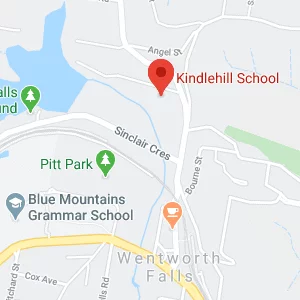One of the main tasks of the young person in Steiner High Schools, is learning to think. Not just think, but REALLY THINK!
It is a hard task for an adult, let alone a young person facing the challenges of teen hormones and millions of distractions…
Thinking is connected to freedom and as Steiner Education aims to educate for freedom, this becomes an important task of the history teacher.
In Steiner Education, we aren’t trying to shape the young person’s thinking, by leading them into what to think. We are shaping their capacity to know how to think. How to look a little deeper, then deeper again. To try on multiple perspectives and then ask, who is missing? To look for parallels in our current times and ask, are we making the same mistakes? Can we learn from this? What is stopping us from doing so?
We hope that our thinking is guided by our morality, our capacity to feel the injustice and powerful struggles of the past and examine how we may benefit or maintain certain ideas. Like this, we begin to awaken in our minds, our questions move from when and who, to how and why? Our curiosity leads us with compassion, and a desire to really learn arises for we see that it matters, today, how we listen to what has come before.
So, what are some examples? The Silk Road (Class 7) this term has us asking about the great innovations of Ancient China and Persia. The quest for eternal life, gives us weapons of mass destruction, while in an act of biomimicry, the invention of paper makes education accessible throughout society, shifting power dynamics.
In the Renaissance (Class 8), we tackle questions like: how does authority affect society? How does art shape mindsets? Where does the idea of us and them come from? What is reformation and how do we participate in change making?
In our study of Abolition in Class 9-10, we are investigating concepts like abolition of slavery and its relationship to Black Lives Matter today.
Many people say we need a ‘new story’. That the old story that we are operating in is at the heart of our current struggles such as climate change, inequality, or discrimination. We long for a new story that can guide the values and principles by which we live, govern and make decisions. We crawl into the chrysalis of history. It’s dark and messy. It is webbed and mycelial, rather than linear. Something emerges with us though, something light and clear that can carry us forward.


Sarah has a B. Arts (UN) and a Master of Teaching (UNE). She works both as a teacher and as student support throughout the school.
“One of the most exciting things when working to support students, is when they find something that they are passionate about, that they really connect to. Finding ways to support their engagement and the depth of their learning is incredibly rewarding. As a teacher, it is a pleasure to be working in an environment where creativity, critical thinking and a real sense of love for the world is valued and imbues all you do”.

